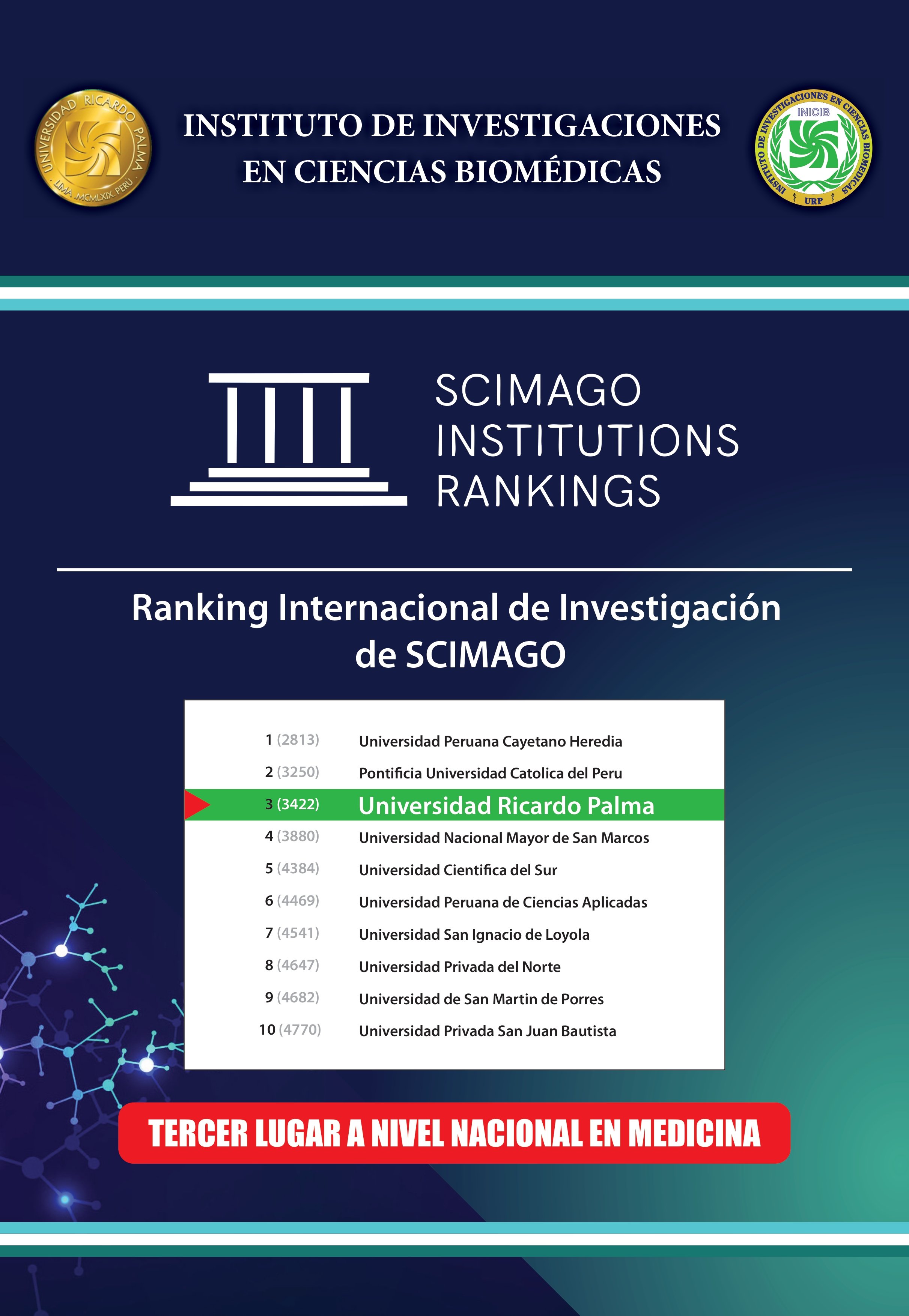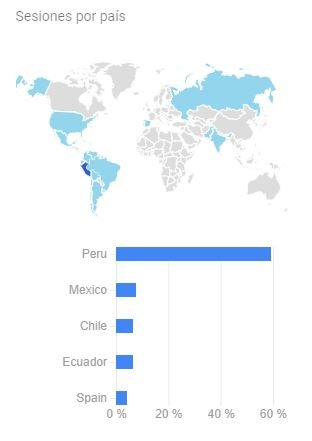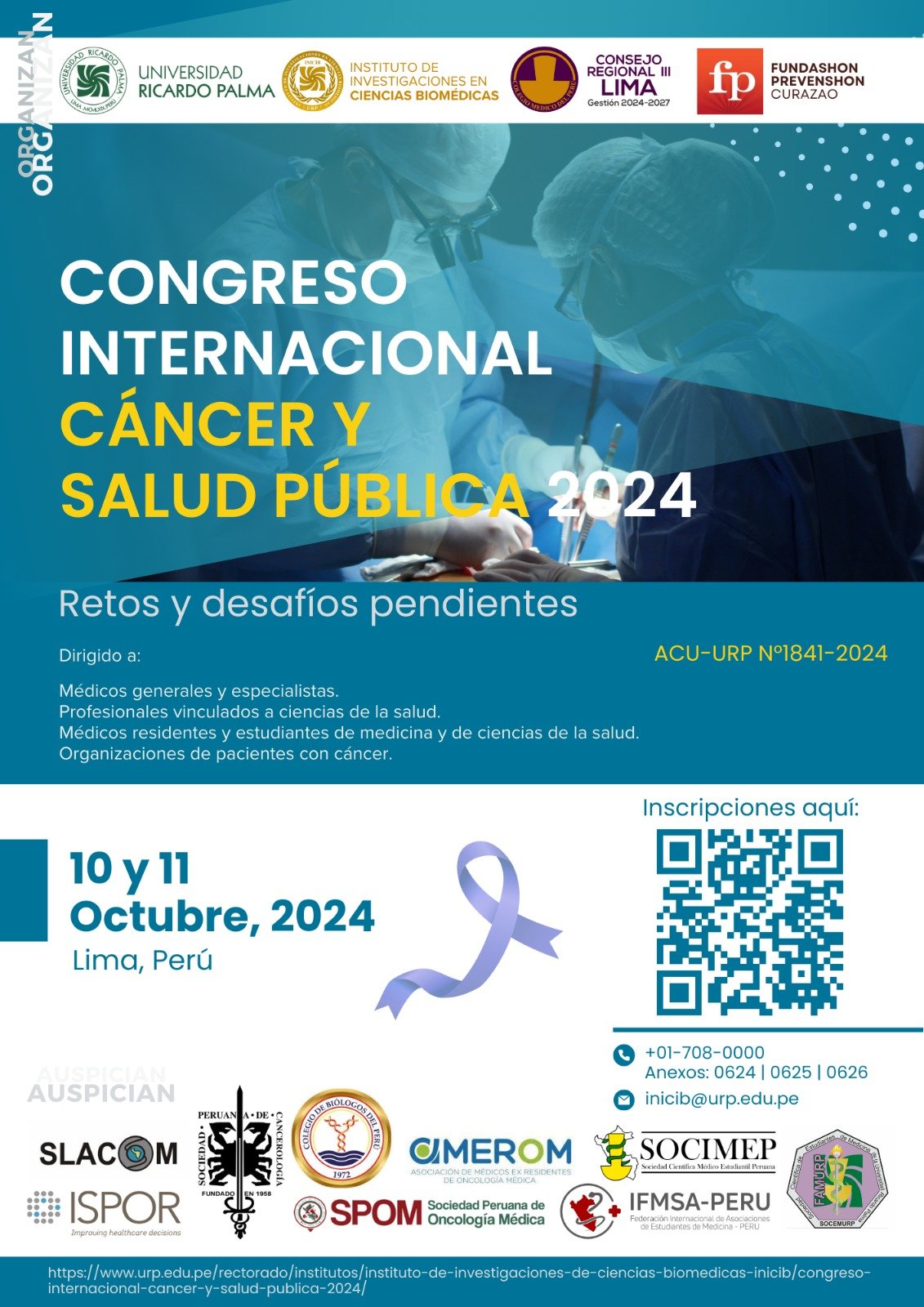Navigating mysterious lands regarding the predictive value of the SOFA score: the race dilemma
Navegando por un territorio misterioso en cuanto al valor predictivo de la puntuación del SOFA: el dilema de la raza
DOI:
https://doi.org/10.25176/RFMH.v22i4.5036Keywords:
Organ dysfunction scores, Continental population groups, Predictive value of tests, Critical care outcomesAbstract
Critical syndromes are conditions that carry a high global burden of disease. Scoring systems are practical and reproducible aids that allow patients with more severe disease to be quickly identified and admitted to intensive care and to initiate structured and aggressive therapy. The Sequential Organ Failure Assessment (SOFA) score is one of the most widely used in the world, as there are several versions and it is simple. However, with the appearance of the COVID-19, several studies showed that there was a disparity in the estimation of mortality and associated outcomes, with respect to race, which culminated in an excess of preventable mortality in certain racial groups. Constant evaluation of the performance of these scoring systems must be performed due to definitional updates, which may vary the accuracy of the predictive value. There is a very large evidence gap in this regard, as the existing studies are from high-income countries where the predominant racial group is Caucasian, which should draw attention to the magnitude of the problem. Based on the above, the objective of this review is to discuss evidence on the performance of critical care scoring systems, particularly SOFA, and the impact that race has had on its predictive value.
Downloads

Downloads
Published
How to Cite
Issue
Section
License
Copyright (c) 2022 Revista de la Facultad de Medicina Humana

This work is licensed under a Creative Commons Attribution 4.0 International License.



































